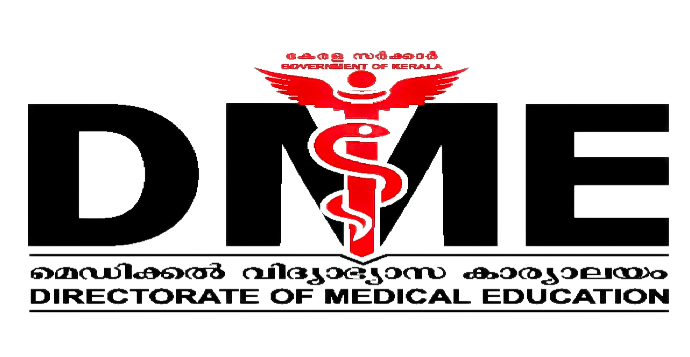- About HEI
- Administration
- Academics
- Admission & Fee
- Research
- Student Life
- Alumni
- Information Corner
- Gallery
- Contact Us

MDCRC
Advanced Research in Dentistry
The Advanced Research in Dentistry (ARD) is a multidisciplinary research center. Our mission is to generate new scientific knowledge and that leads to improvements in dental care and oral disease prevention relevant to societal need. It was an effort to holistically integrate and coordinate the research and education programs in dentistry. The main focus of our research is to elucidate the cellular and molecular mechanisms of oral diseases, on validation of clinical, diagnostic and community strategies to improve oral health. Institute provide excellent opportunities for postgraduate and doctoral research in dental related topics.
CARD represents a key commitment for preserving and raising the efficiency of dental research to international quality. It boosts the research-relevant infrastructure of basic science and technology at molecular level in oral sciences. In this connection, this central facility was planned to house the most modern equipments to service users of the ever-expanding number of UG and PG students and researchers with various needs. A future endeavor will be to make this facility available to other academic and research institutions, industries and organizations in the neighborhood.
The purpose of the Code of Ethics is to provide a set of guiding principles to promote exemplary ethical standards in research
The prevention of misconduct in research is best achieved through the education of all individuals involved in research. It is a recommendation that all researchers should participate in appropriate educational activities, which is mandatory in some institutions. Of critical importance is maintaining up to date knowledge of best practices and the mentoring of colleagues and students.
MDCRC
Research Principle
Statement of ethical principles for research involving human participants, including research on identifiable human material and data, which is subject to ethical standards that promote respect for all human participants and protect their health and rights.
Research must adhere to the fundamental principles that respect the needs for autonomy, beneficence and justice as well as veracity, fidelity, anonymity and nonmalficence.
Human participant research comprises, but is not limited to, investigative clinical research, clinical trials, studies using tissue samples and records. Biogenetics, using stem cells and utilizing tissue banks requires complete transparency in all aspects of consenting and confidentiality. It is imperative that investigators remain up to date as these areas are more likely to be subject to legislative change.
Each individual is expected to behave in an ethical way to avoid conflict in terms of decision making, publication of data and post-study investigator responsibility. The appearance of a conflict of interest, such as the potential for financial and personal gain, can often be as damaging as an actual act of conflict of interest. Full disclosure of any potential conflict of interest must be made to the investigator’s institution or to the Associations as applicable.
The intellectual property rights of all participating researchers should be protected by giving proper credit for the origin of the new ideas. Intellectual property rights apply to any potential commercial gain, and must be agreed at the outset of the project by the investigators, their institutions and/or any other external body, such as a sponsoring company.
MDCRC
Dissemination of Information
Most scientific journals ask authors to make declarations at submission about the integrity of their research. Many journals have experienced plagiarism so that editors of journals need to develop policies to minimize the publication of articles containing evidence of scientific misconduct.
It is expected that authors, in any communication, such as manuscripts or abstracts, whether in paper or electronic format, representing a body of research should:
Emphasis should be on quality rather than quantity of research as a criterion for recognition of scholarship. Appropriate written permission must be obtained to publish any type of image, which should not identify the participant.





